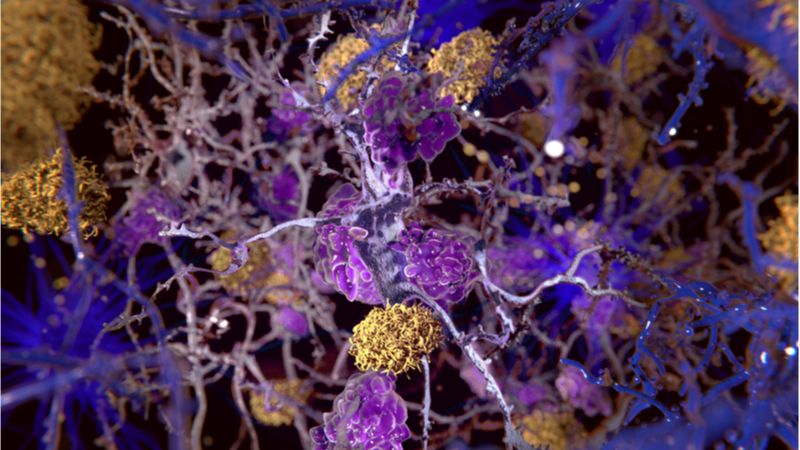We asked three centenarians what their most valuable life lessons were, and also their regrets.
The conversations that followed were remarkable. They talked about the importance of family, people, relationships and love. Their view on life, as an elderly citizen with a lot of experience is truly an inspiration and motivation. Enjoy the video!
Click here to subscribe to LifeHunters: http://bit.ly/2gFMyln
http://www.lifehunters.com
https://www.facebook.com/Lifehunters
Executive producer: LifeHunters
Producer: Marcel IJzerman
UK Producer: Anna Snowball
Director: Chris de Krijger
Script: Marcel IJzerman / Chris de Krijger
Camera: Marcel IJzerman
Sound recording: Tjeerd Melchers
Interviews: Anna Snowball
Editor: Marcel IJzerman
Sound engineering: Tjeerd Melchers
Music: Federico Durand
Thanks to: The Birchwood Grange, Cliff Crozier, John Denerley, Emelia Harper, Leslie Masters, Ruby Martin.

